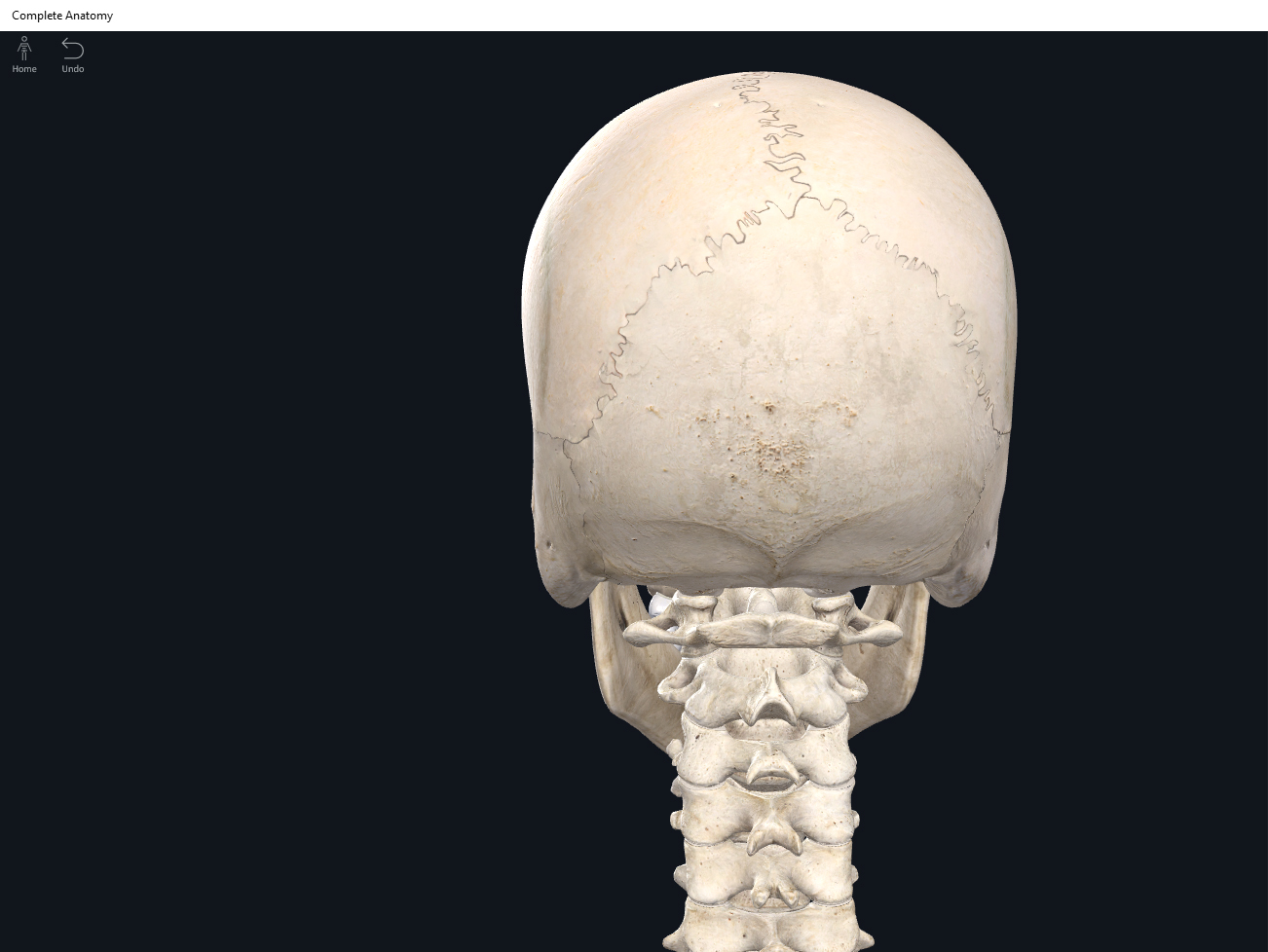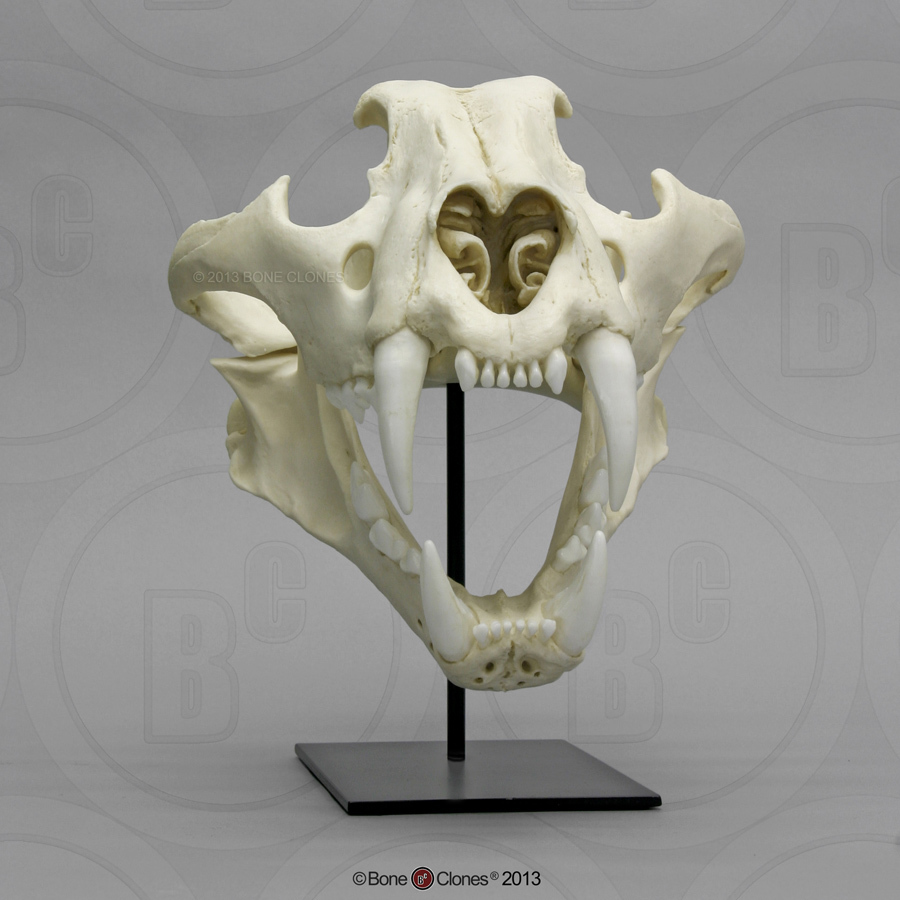


The temporozygomatic suture completes the zygomatic arch. It is the site of articulation between the zygomatic process of the temporal bone posteriorly and the temporal process of the zygomatic bone anteriorly.

The sphenoparietal suture is the articulation of the superior margin of the greater wing of the sphenoid bone and the parietal bone at the angle formed by the convergence of the coronal and squamous sutures at the pterion.This suture is another common site for sutural bones to form. The parietomastoid suture lies between the inferior border of the angle of the parietal bone posteriorly and the mastoid process of the temporal bone.It separates the superior and posterior borders of the squamous part of the temporal bone from the posteroinferior angle of the parietal bone. It extends from the pterion anteriorly in a posteroinferior fashion to meet the parietomastoid suture. The squamous suture is a large horizontal suture that curves inferiorly as it passes towards the posterior aspect of the skull.The sphenosquamous suture is a vertical suture between the anterior margin of the squamous part of the temporal bone and the posterior margin of the greater wing of the sphenoid bone.Median and transverse palatine sutures, spheno-occipital synchondrosis, petro-occipital suture, petrosphenoidal sutureĪtlanto-occipital and temporomandibular joints Intermaxillary, zygomaticomaxillary, frontonasal, internasal, nasomaxillary, frontomaxillary, frontolacrimal, lacrimomaxillary Pterion, sphenosquamous, squamous, parietomastoid, sphenoparietal, sphenofrontal, frontozygomatic, sphenozygomatic, occipitomastoid, temporozygomatic Key facts about the skull joints and sutures Posterior view The complexity of the serrations of the sutures increases from internal to external. Conversely, the borders of the bones may have a number of projections that interdigitate with each other, giving a serrated appearance, such as in the sagittal suture. A bevelled suture is where the border of one bone overlaps that of the other like the parietotemporal suture. At a simple suture, the margins of the articulating bones are smooth and meet end to end such as the median palatine suture. The sutures of the skull are morphologically distinct, being divided into three main groups based on the margins of the articulating bones. These joints allow the developing skull to grow both pre- and postnatally. Most of the bones of the skull are held together by firm, immovable fibrous joints called sutures or synarthroses.

In all, there are 22 bones comprising the entire skull, excluding the 3 pairs of ossicles located in the inner ear. The bones of the skull are highly irregular. The structure of the skull is a highly detailed and complex design.


 0 kommentar(er)
0 kommentar(er)
